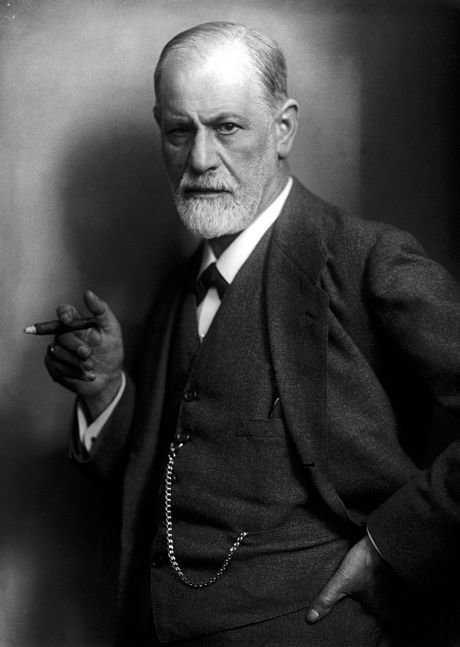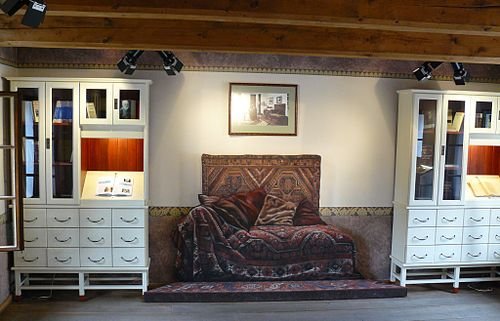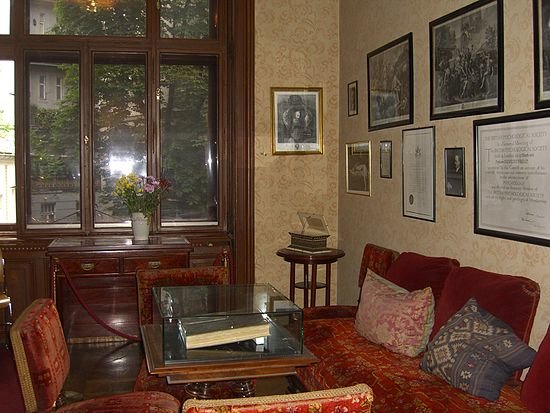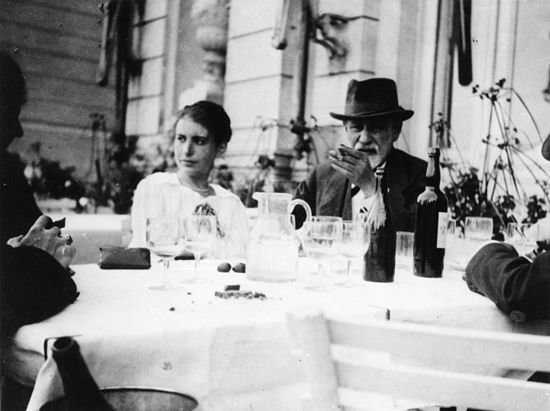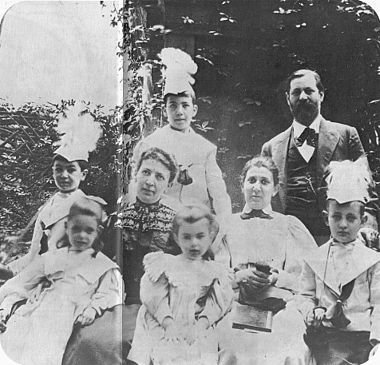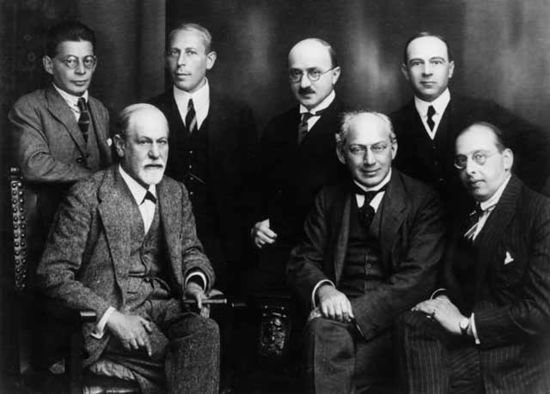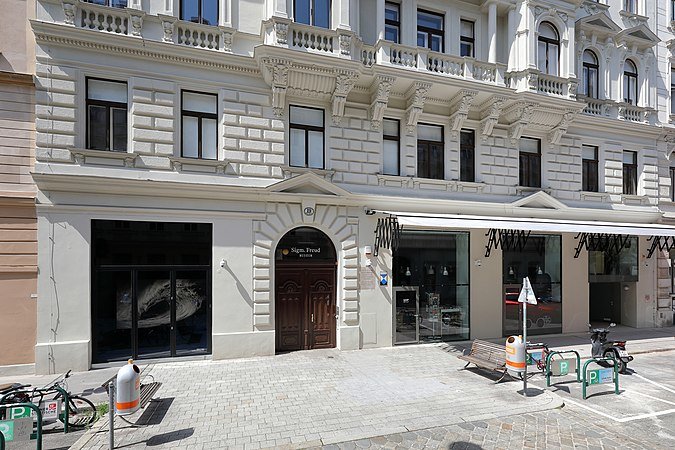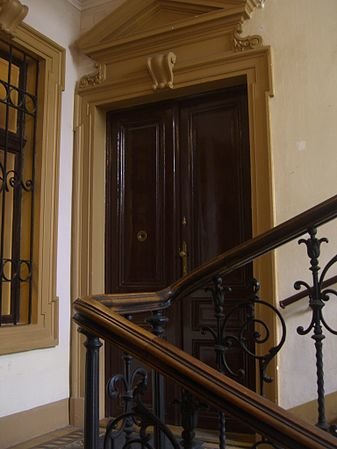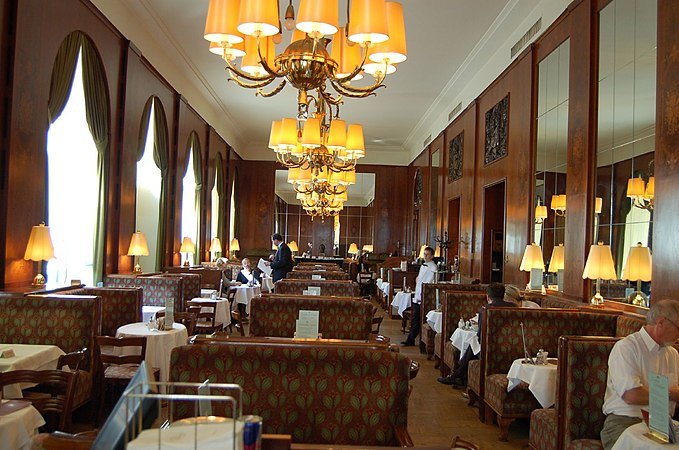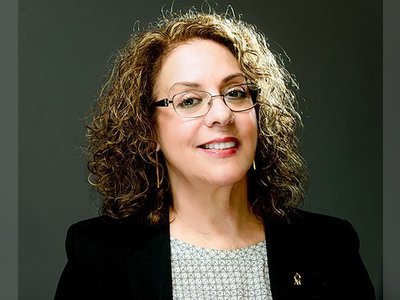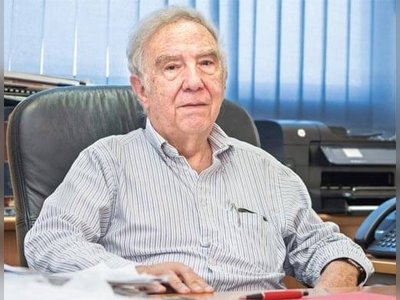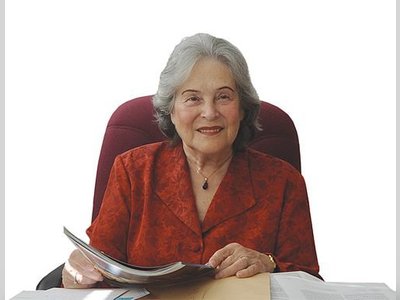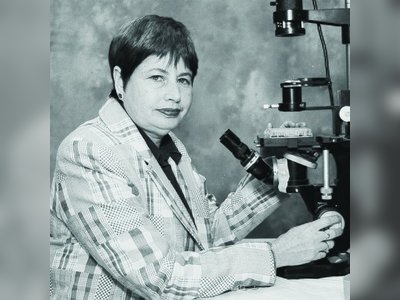מורשת גדולי האומה
בזכותם קיים
beta
Sigmund Freud: The Father of Psychoanalysis
Sigmund Freud, born Sigismund Schlomo Freud on May 6, 1856, in Moravia, which was then part of the Austrian Empire, was a Jewish-Austrian psychologist and neurologist. He is renowned as the father of psychoanalysis, one of the most influential figures in personality theory, and a prominent thinker and influencer of the 20th century.
Freud was born in the town of Freiberg in Moravia, now located in the Czech Republic. His parents were Amalia and Jacob Freud, the latter being a wool merchant. According to one version of the story, his father's family adopted the surname "Freud" in 1812, in honor of his mother's family name, Frieda. Both of his parents were Galician Jews. Sigmund was the eldest of two sons and had five sisters born to his mother. He also had two older half-brothers from his father's previous marriage to a woman named Rebecca, during his time in Buchach.
In the aftermath of the economic crisis in 1857, Jacob Freud faced financial hardships. In 1859, the family relocated to Leipzig and, in 1860, settled in Vienna. Despite limited financial resources and living in a cramped apartment, Freud's parents invested heavily in his education, sometimes at the expense of his half-brother who excelled in his studies. Freud ranked first in his class during his seven years at the Gymnasium.
During his adolescence, Freud contemplated various career paths but showed a strong inclination toward research. Influences during this period included Charles Darwin's theory of evolution and Georg Wilhelm Friedrich Hegel's "The Nature." In 1873, at the age of 17, Freud began his medical studies at the University of Vienna. Initially, he expressed an interest in studying law and societal issues, as well as religion. However, shortly before taking his final school exams, Freud concluded that he needed to pursue medicine.
Little is known about Freud's youth, as he destroyed his personal diaries at least twice (in 1885 and 1907). His later letters were meticulously preserved by the Sigmund Freud Archive and were initially made available only to his official biographer, Ernest Jones, and a select few within the inner circle of psychoanalysis. However, over the years, almost all of his writings have been extracted from the archive.
During his medical studies, Freud engaged in research at Ernst Wilhelm von Brücke's laboratory of physiology from 1876 to 1882, focusing on the histology of the nervous system. In 1877, he published his first article on the sexual organs of eels. In 1879, he interrupted his studies for a year to fulfill his military service obligations in the Austrian army, where he provided medical care to sick soldiers. During his leisure hours, he translated essays by John Stuart Mill. In 1880, Freud returned to his studies and completed his medical degree in 1881. He continued his research in Brücke's laboratory that year, until he was persuaded to leave and start a medical practice to earn a better income.
In 1882, Freud married Martha Bernays, his fiancée of four years, who hailed from Hamburg. They married just two months after their first meeting when Martha visited Freud's family home as a friend of one of his sisters. Six weeks after their engagement, Freud began his medical practice, primarily focusing on treating patients with nervous disorders. In 1887, their first child, a daughter named Mathilde, was born.
In 1887, Freud delivered a series of lectures on male hysteria, where he met Wilhelm Fliess, a Berlin-based researcher who would become a close friend and collaborator in the following years. In 1891, Freud published his research on aphasia, examining the effects of neurological damage on language abilities and naming of familiar objects. He argued that these language deficits might have psychological components, leading him to explore these elements in his subsequent research and clinical work with neurotic patients.
Dr. Anton Sauerwald, a Nazi officer responsible for seizing Jewish assets in Austria, was a student of a friend of Freud and decided to read his writings. Sauerwald was deeply impressed by Freud's writings, which he believed left a positive impression on him. He protected Freud's family's Swiss bank accounts from confiscation by the Nazi regime and assisted 16 members of Freud's family in obtaining exit visas to escape to England. The family also received financial assistance from Freud's patient and friend, Marie Bonaparte. When asked to leave Germany, Sauerwald asked Freud to write a statement on his behalf. Freud is reputed to have added the ironic coda, "I can heartily recommend Mr. Sauerwald for any suitable position."
On June 4, 1938, Freud and his family were granted permission to leave Austria for France and then continued to London, where they lived at 20 Maresfield Gardens in Hampstead. Freud compared his departure to Rabbi Yochanan ben Zakkai's request for "Give me Yavneh and its sages," made in the face of the impending destruction of the Second Temple. "We are on the point of organizing it," Freud declared, "and all we can expect at the moment is persecution."
In the aftermath of the economic crisis in 1857, Jacob Freud faced financial hardships. In 1859, the family relocated to Leipzig and, in 1860, settled in Vienna. Despite limited financial resources and living in a cramped apartment, Freud's parents invested heavily in his education, sometimes at the expense of his half-brother who excelled in his studies. Freud ranked first in his class during his seven years at the Gymnasium.
During his adolescence, Freud contemplated various career paths but showed a strong inclination toward research. Influences during this period included Charles Darwin's theory of evolution and Georg Wilhelm Friedrich Hegel's "The Nature." In 1873, at the age of 17, Freud began his medical studies at the University of Vienna. Initially, he expressed an interest in studying law and societal issues, as well as religion. However, shortly before taking his final school exams, Freud concluded that he needed to pursue medicine.
Little is known about Freud's youth, as he destroyed his personal diaries at least twice (in 1885 and 1907). His later letters were meticulously preserved by the Sigmund Freud Archive and were initially made available only to his official biographer, Ernest Jones, and a select few within the inner circle of psychoanalysis. However, over the years, almost all of his writings have been extracted from the archive.
Education and Research Involvement in Medicine
During his medical studies, Freud engaged in research at Ernst Wilhelm von Brücke's laboratory of physiology from 1876 to 1882, focusing on the histology of the nervous system. In 1877, he published his first article on the sexual organs of eels. In 1879, he interrupted his studies for a year to fulfill his military service obligations in the Austrian army, where he provided medical care to sick soldiers. During his leisure hours, he translated essays by John Stuart Mill. In 1880, Freud returned to his studies and completed his medical degree in 1881. He continued his research in Brücke's laboratory that year, until he was persuaded to leave and start a medical practice to earn a better income.
In 1882, Freud married Martha Bernays, his fiancée of four years, who hailed from Hamburg. They married just two months after their first meeting when Martha visited Freud's family home as a friend of one of his sisters. Six weeks after their engagement, Freud began his medical practice, primarily focusing on treating patients with nervous disorders. In 1887, their first child, a daughter named Mathilde, was born.
In 1887, Freud delivered a series of lectures on male hysteria, where he met Wilhelm Fliess, a Berlin-based researcher who would become a close friend and collaborator in the following years. In 1891, Freud published his research on aphasia, examining the effects of neurological damage on language abilities and naming of familiar objects. He argued that these language deficits might have psychological components, leading him to explore these elements in his subsequent research and clinical work with neurotic patients.
Dr. Anton Sauerwald, a Nazi officer responsible for seizing Jewish assets in Austria, was a student of a friend of Freud and decided to read his writings. Sauerwald was deeply impressed by Freud's writings, which he believed left a positive impression on him. He protected Freud's family's Swiss bank accounts from confiscation by the Nazi regime and assisted 16 members of Freud's family in obtaining exit visas to escape to England. The family also received financial assistance from Freud's patient and friend, Marie Bonaparte. When asked to leave Germany, Sauerwald asked Freud to write a statement on his behalf. Freud is reputed to have added the ironic coda, "I can heartily recommend Mr. Sauerwald for any suitable position."
On June 4, 1938, Freud and his family were granted permission to leave Austria for France and then continued to London, where they lived at 20 Maresfield Gardens in Hampstead. Freud compared his departure to Rabbi Yochanan ben Zakkai's request for "Give me Yavneh and its sages," made in the face of the impending destruction of the Second Temple. "We are on the point of organizing it," Freud declared, "and all we can expect at the moment is persecution."
- זיגמונד פרוידhe.wikipedia.org
